Tuesday, 23 April 2024
Menu
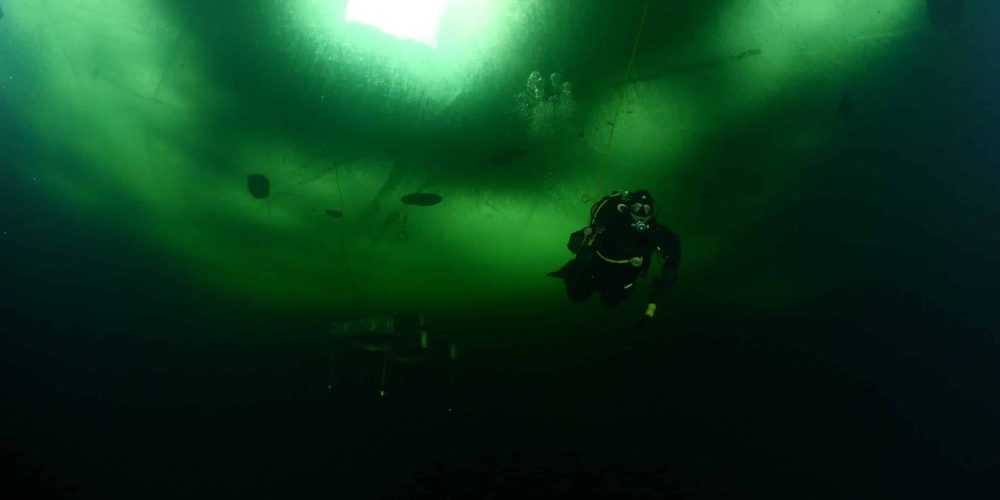
Though polar conditions extend much further in the Northern Hemisphere, the opportunity to dive in these areas is easily possible compared to the travel involved with Antarctica or remote areas closer to the North Pole.
Finland, particularly its northernmost region known as Lapland, is one of these accessible locations that mirror the polar conditions. During the winter months, Lapland transforms into a frozen wonderland, with its landscapes closely resembling those found in the Arctic and Antarctic regions. This makes it an ideal training ground for those planning expeditions to more remote polar areas.
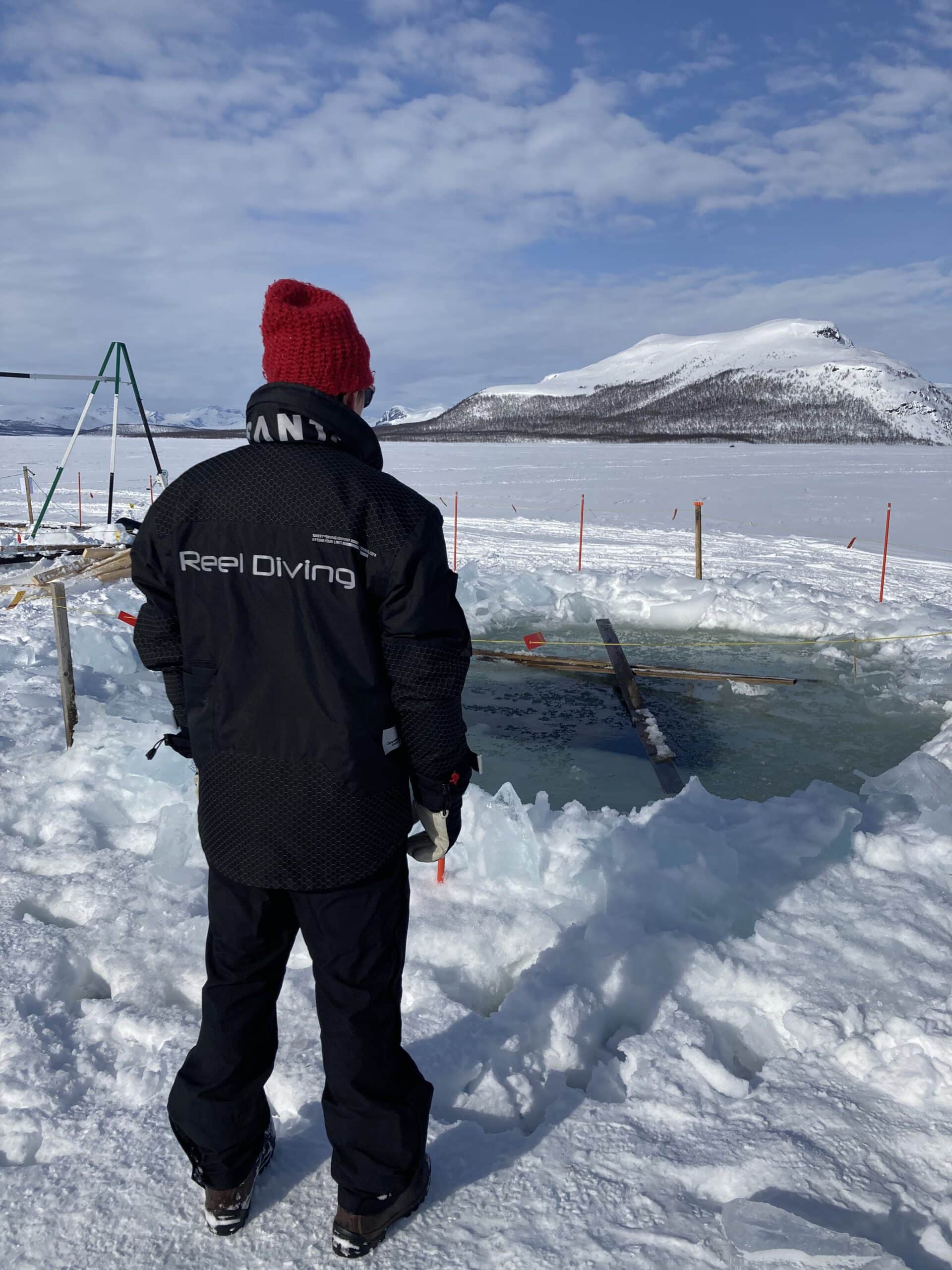
The stark beauty of Lapland, with its snow-covered forests and frozen lakes, offers a unique environment for divers to acclimate to the cold, learn to navigate under the ice, and familiarize themselves with the specialized equipment necessary for polar diving. Moreover, it provides an opportunity to witness the breathtaking underwater sceneries and marine life that thrive in these frigid conditions.
Training in Lapland also allows divers to experience and prepare for the challenges posed by extreme cold, such as potential equipment failures and the physical demands of diving in low temperatures. By honing their skills and knowledge in this polar-like environment, divers can significantly increase their safety and success in subsequent expeditions to the true polar regions. In essence, Finland’s Northern Lapland serves as a stepping stone, bridging the gap between standard diving environments and the unforgiving yet captivating world of polar diving.
For this reason, in 2024, the Finnish Scientific Diving Academy is running a new Polar Research Diving Program to train scientists and divers working, or aiming to work, with diving in these areas.
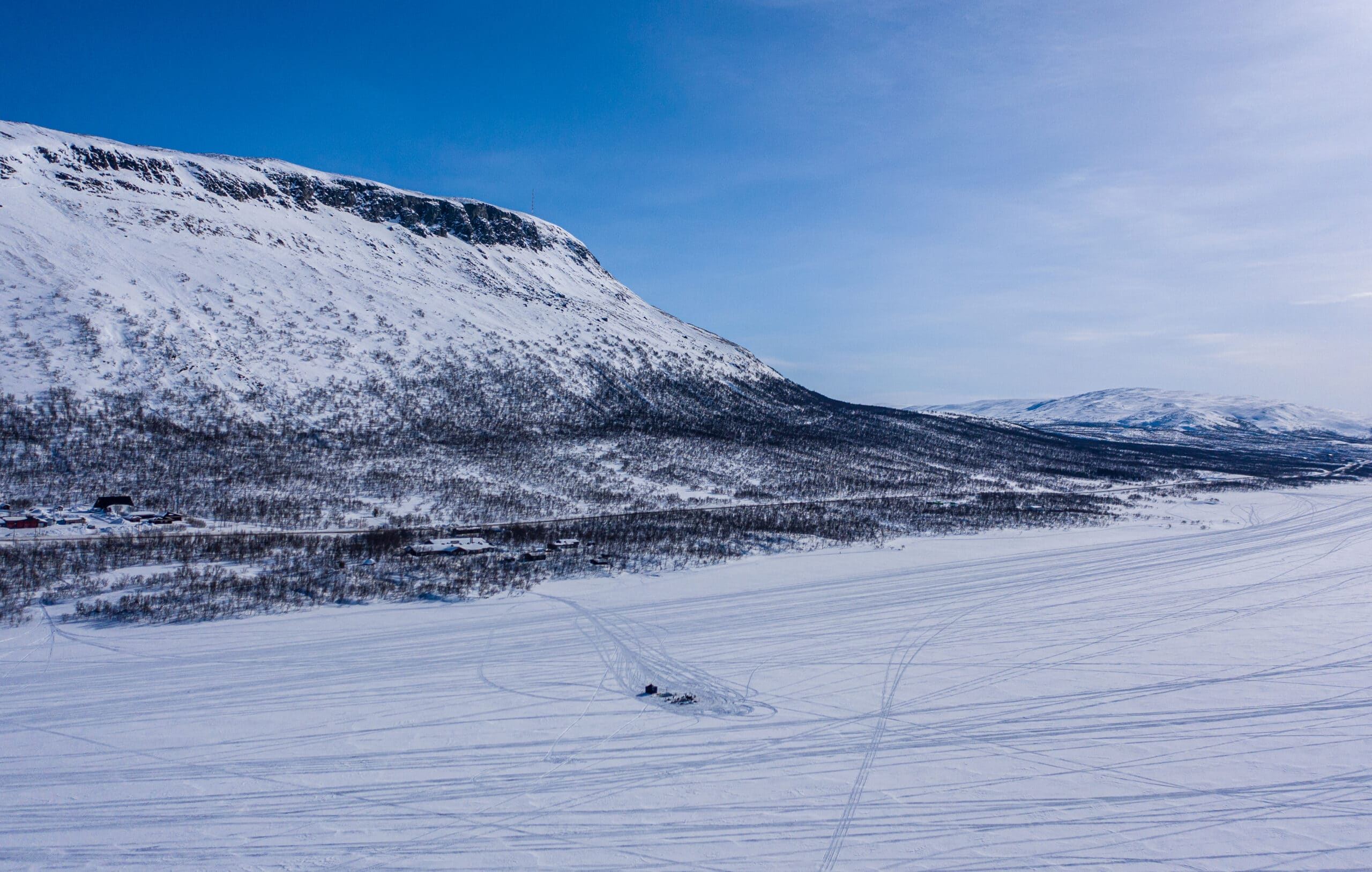
The program will cover all aspects of polar operations from establishing a surface site, dealing with extreme cold exposure, snowmobile and logistics of working on ice and snow, and all areas related to under-ice operations with an expert team of instructors, including well-renowned Finnish Arctic guide/ explorer Patrick ‘Pata’ Degerman and NIWA’s Antarctic Dive Safety Officer Rod Budd from New Zealand.
The course will be based out of the Kilpisjärvi Biological Station, part of the University of Helsinki’s remote research station, situated in the far North of Finland, on a frozen lake but easily accessible from main cities and transport hubs. This allows theory classes, downtime and meals to be taken in the more comfortable environment of the station, while practical components take place on and under the lake in the Arctic conditions.
Applications for the program Science Under Ice are open. More information you can find on the Finnish Scientific Diving Academy.
The Kilpisjärvi Biological Station is a unique research facility located in the heart of Finnish Lapland. Nestled on the flanks of the Saana Fell, it provides an exceptional setting for natural science and local cultural research. The station belongs to the University of Helsinki, specifically the Faculty of Biological and Environmental Sciences, and has been promoting biological and geographical research since its establishment in 1964.
Situated in the community of Enontekiö in the northwestern part of Finnish Lapland (69°03′ N, 20°50′ E), the station sits on the shore of Lake Kilpisjärvi at an altitude of 475 m2. This location places it within the Käsivarsi Wilderness Area, which boasts unique wildlife and conditions typical of the Arctic.
The station is renowned for its long-term ecological research and offers an insightful glimpse into the region’s biodiversity. Its strategic location in the Arctic region makes it an invaluable resource for scientists studying polar ecology and climate change.
The Kilpisjärvi Biological Station is more than just a research facility. It’s a gateway to understanding the intricate workings of nature in one of the world’s most extreme environments.

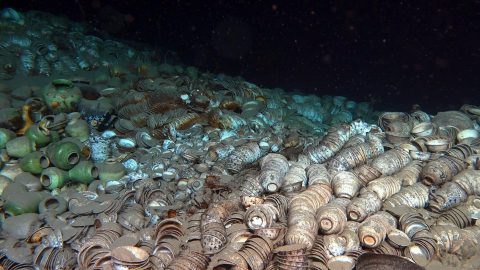
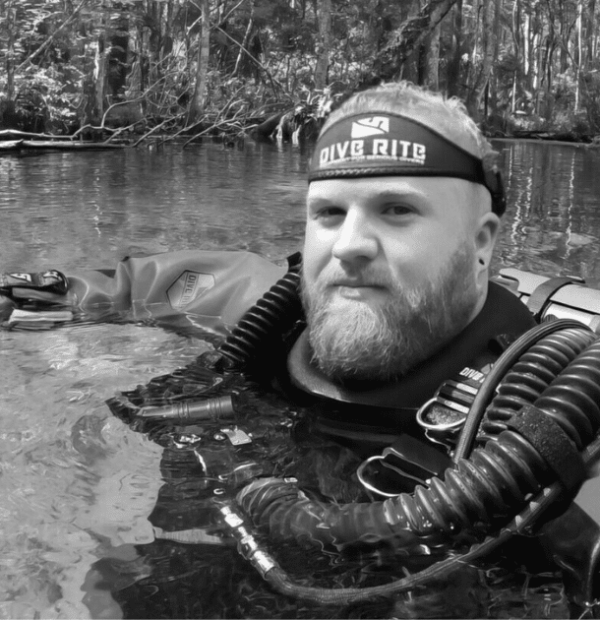

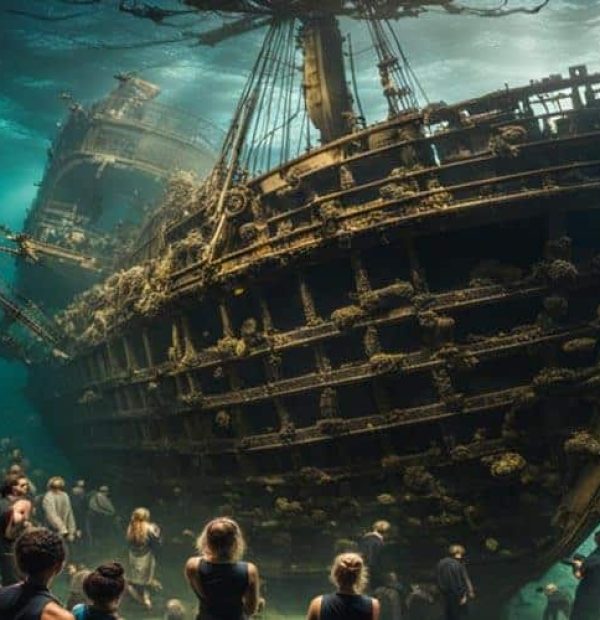
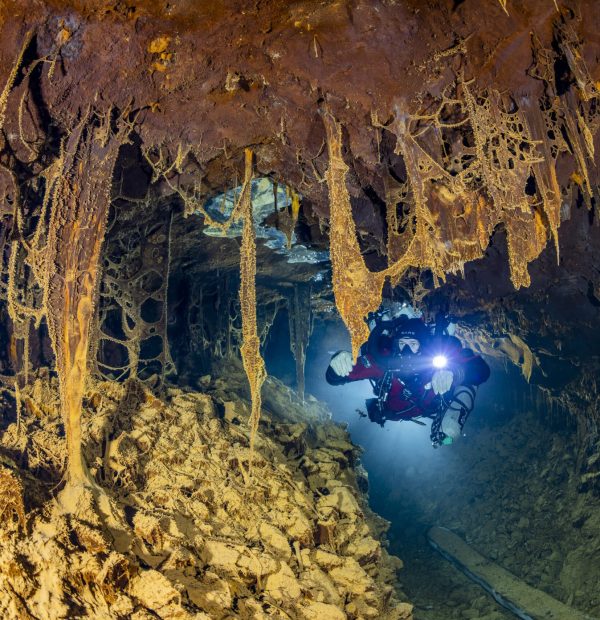
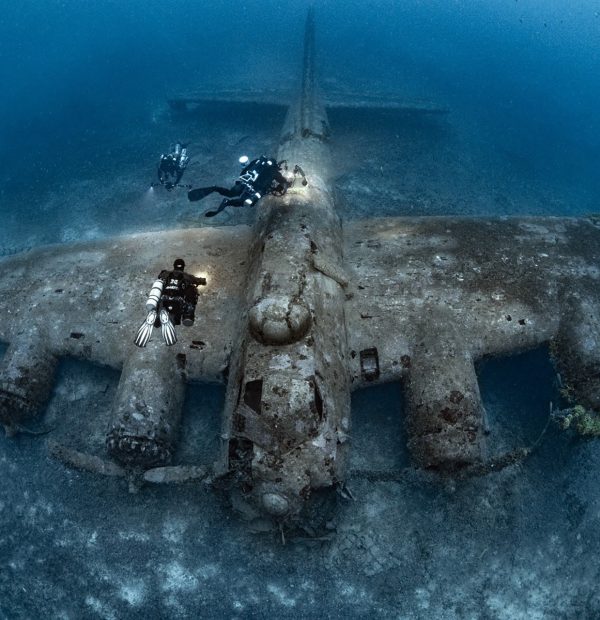
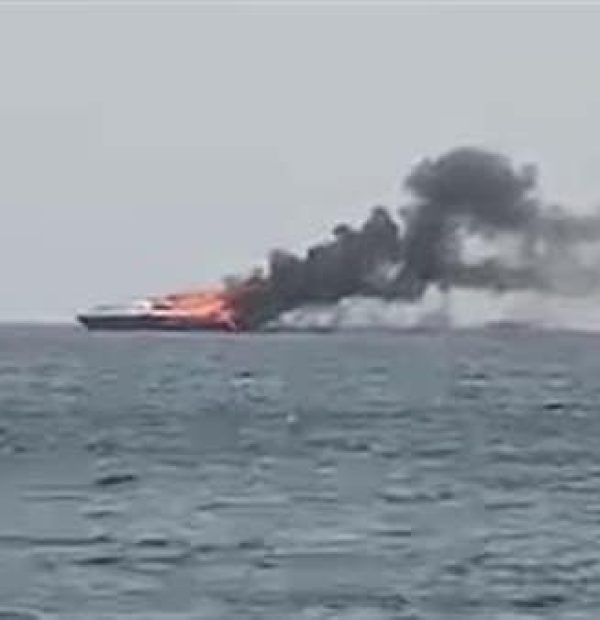
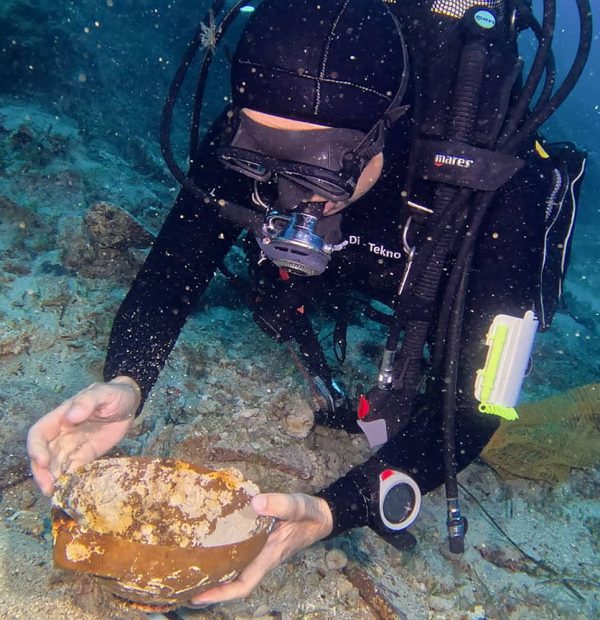

Welcome to DIVERS24.COM, your daily source of scuba news, freediving, scuba diving information, and equipment reviews. Our comprehensive coverage of the dive industry from A to Z provides you with all the latest scuba news, training updates, underwater photography tips, and everything else related to scuba diving. Whether you’re a beginner or an experienced diver looking for more knowledge about scuba gear or techniques – we’ve got it covered! With our in-depth articles written by experienced divers who have been there and done that, you are sure to find exactly what you need here at Divers24.com. Dive into scuba news today!
Underwater Media Sp. z o.o.
Szafarnia 11/F8,
80-755 Gdansk, Poland
Welcome to DIVERS24.COM, your daily source of scuba news, freediving, and scuba diving information. Sign in for a weekly news update and discount coupons for dive gear and apparel.
@2023 - underwatermedia.pl. All Right Reserved. Designed and Developed by Tworzenie stron internetowych Gdansk

The Divers24 portal is currently the largest online medium treating diving in Poland. Since 2010 we have been providing interesting and important information from Poland and around the world on all forms of diving and related activities.
Contact us: info@divers24.com